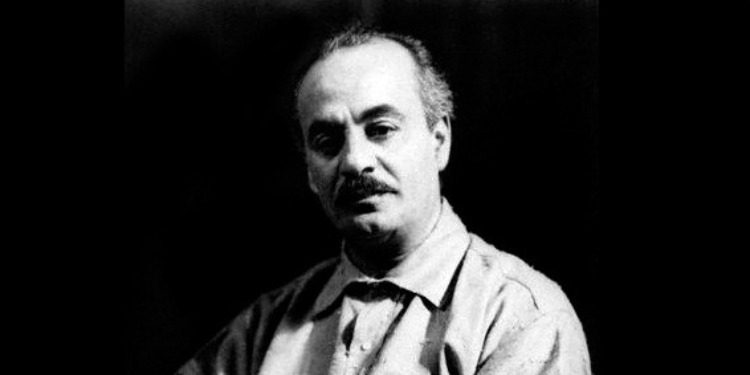Quotes can go as far as inspiring you to change the way in which you think, offering you a new perspective. In this fast-paced world reading a sentence that makes you pause is worthy of mention. For years the Arab world has birthed renowned writers who’ve graciously handed over gifts of wisdom. We’ve compiled 10 quotes from Arab thinkers that have resonated with us!
This one is by the great Egyptian author Naguib Mahfouz, who left an incredible mark through his writing. A Nobel prize winner in literature and the author of several works such as the famous Cairo Trilogy, the quote by Mahfouz refers to how, if the past isn’t telling us the tale we desire and we aren’t pleased with it, we must seek to create something that deserves to be told, “If the past is not worth the narrative, then let us create a future worth the story”.
إذا كان الماضي لا يستحق الحديث فلنصنع مستقبل يستحق أن يحكى
Naguib Mahfouz via mawdoo3
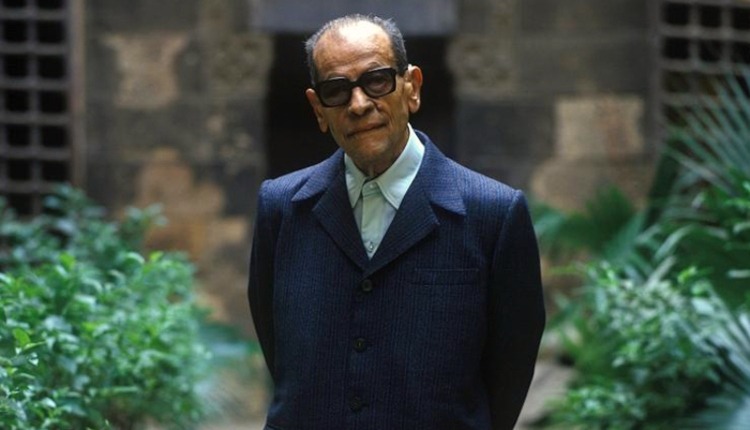
Lebanon’s Gibran Khalil Gibran was a remarkable author and philosopher who influenced several generations. His phrase, which uses the sun as a metaphor for optimism, demonstrates how hope can be found even in the darkest of situations. Even if the sun never shines at midnight, there is always hope to be found even in the most desperate of times. This phrase also exemplifies how delicate the Arabic language is, and how words may be used to communicate several meanings, “The sun does not rise in the middle of the night, yet at the centre of despair rises hope”.
لا تُشرق الشمس في منتصف الليل، ولكن في قمة اليأس ينبت الأمل
Gibran Khalil Gibran via mawdoo3

Fear does not permit death, but it does permit the feeling of not being alive. This is what Naguib Mahfouz meant when he said that people should let go of their worries in order to feel alive again. Fear motivates us and is necessary for us to appreciate this one life we have, yet excessive fear can prevent us from appreciating the little things in life, “fear cannot prevent death but it can prevent life”.
الخوف لا يمنع من الموت لكنه يمنع من الحياة
Naguib Mahfouz via mawdoo3
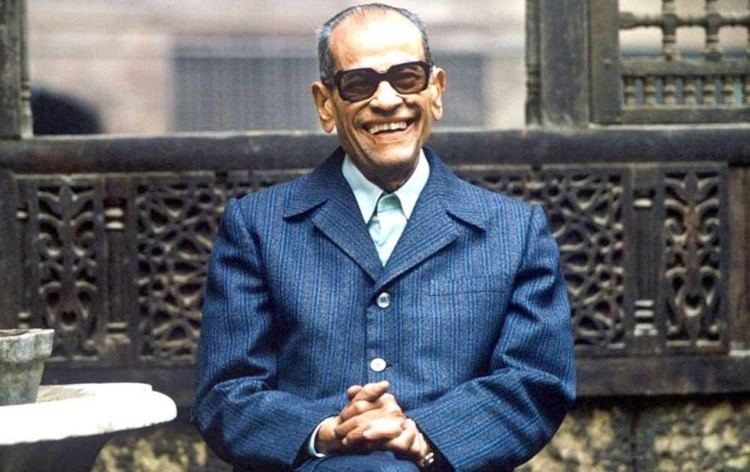
Ahmed Khaled Tawfik, an Egyptian novelist and physician, has written over 200 novels, and his words continue to captivate audiences. In this episode, Tawfik discusses contentment and how pure it is to possess but stating that it is so very easily disrupted, “contentment is a cup of clean water, but easily disrupted”.
الرضا كوب من الماء الصافي .. يمكن لأي شيء أن يفسده
Ahmed Khaled Tawfik via goodreads

Ibrahim Al-Faqi was a human development and neuro-linguistic programming expert who founded Ibrahim Elfiky International Enterprises Inc. and was the CEO of the Canadian Trading Centre for Human Development. Thousands of people attended his lectures and workshops because of his focus on human development. His name is the most well-known in the Arab world, and his words are memorable. This one discusses the importance of having a good mindset in order to achieve success. Being positive is the way to go, even when faced with difficulties and setbacks because it’ll offer you a new perspective, “you have to stay positive no matter the circumstance, no matter the obstacles, no matter the external factors”.
يجب أن يكون احساسك ايجابياً مهما كانت الظروف، ومهما كانت التحديات، ومهما كان المؤثر الخارجي
Ibrahim Al-Faqi via Mawdoo3
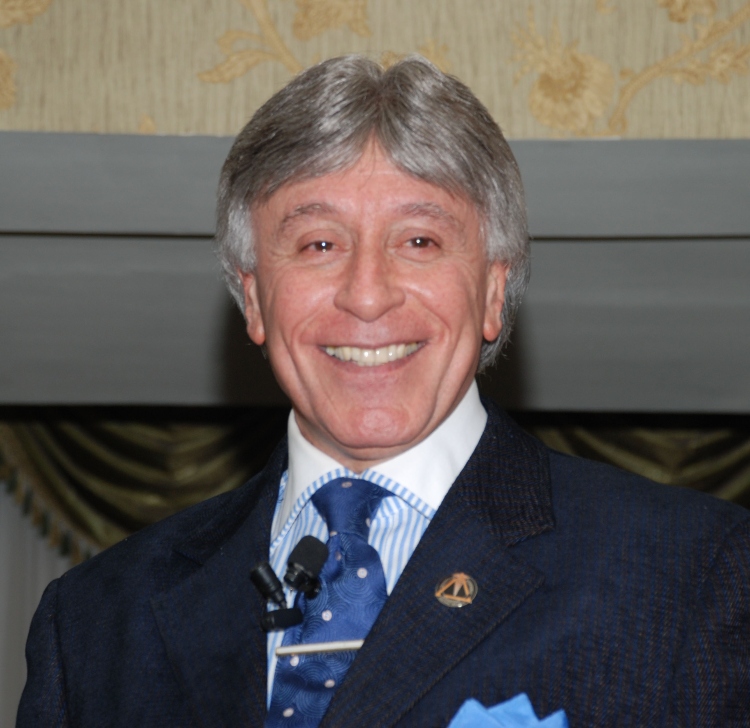
Ahmed Shawqi was widely regarded as Egypt’s best poet, and his spellbinding poems are still taught in schools today. It’s as though he’s summarizing the legacy he’s left behind with this next quote. Some people are alive, but their lives are meaningless, while others are deceased, but their long-term accomplishments allow them to live on in people’s minds, “people are two types, dead in life or; alive even in death”.
الناسُ صنفانِ: مَوتى فِي حيَاتِهِم وآخرُون بِبَطنِ الأرضِ أحيَـــاءُ
Ahmed Shawqi Via goodreads
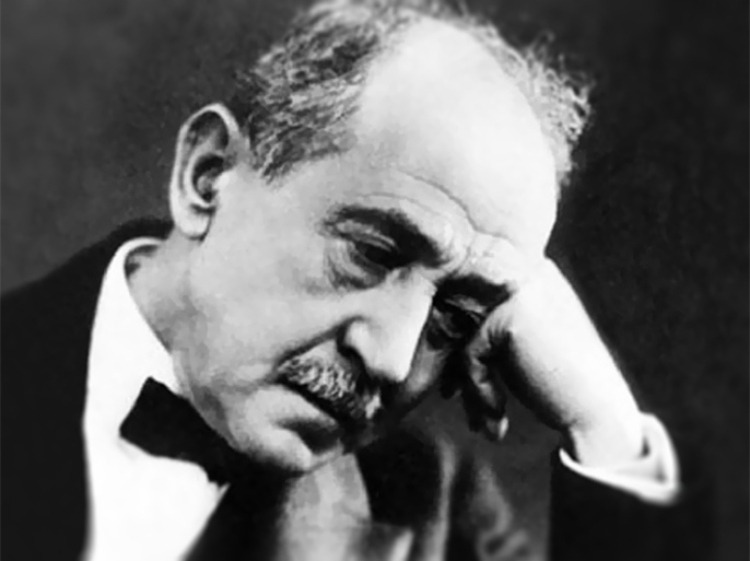
“The finest souls are those who have tasted pain and have not passed this pain on to others,” This is a quote by Syria’s Nizar Qabbani, a poet and a diplomat passionate about several political issues. On the poetic side, his verse which was used in many songs won the hearts of countless people throughout the Middle East and Africa. His most well-known poem is Balqis, where he blamed the entire Arab world for his wife’s death. This quote portrays kind-hearted people who often suffer pain are the ones who will avoid making others feel this sensation and try to protect them.
أرقى النفوس هي التي تجرعت الألم فتجنبت أن تذيق الآخرين مرارته
Nizar Qabbani via goodreads
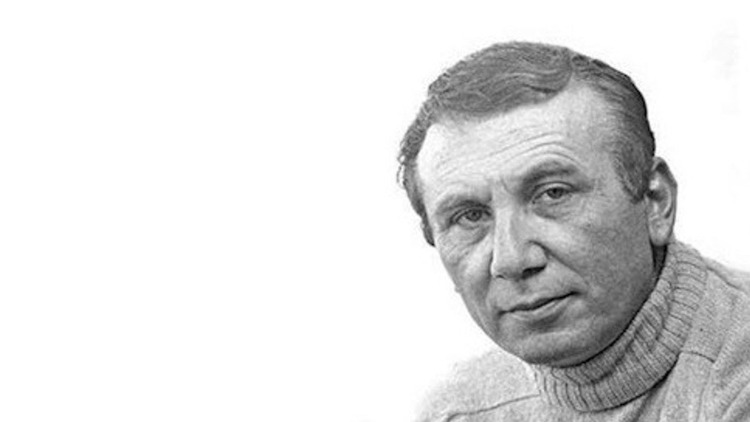
Radwa Ashour is an Egyptian novelist who had a career filled with works of literature tackling several issues. Some of her famous work include Al Tantouriah where she focused on the ongoing situation in Palestine through thrilling storytelling that clearly distinguished her from other writers. Her quote “There is a time for every matter under the heavens, a time for giving birth and a time for death, a time for planting, and a time for taking off the seeded.” Here, Ashour talks about timing where what is meant to be will be when it is supposed to.
لكل أمر تحت السماوات وقت،للولادة وقت و للموت وقت،للغرس وقت و لخلع المغروس وقت
Radwa Ashour via goodreads
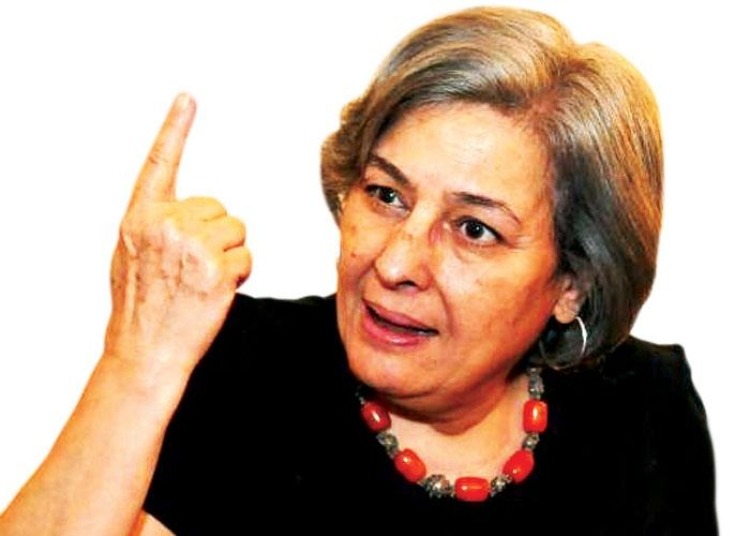
Ahlam Mosteghanemi of Algeria is a renowned writer who has been dubbed “the world’s best-known arabo-phone woman novelist” after winning the Naguib Mahfouz Medal for Literature in 1998 for her novel “Memory in the Flesh,” in which she tells the story of a complex relationship between a former freedom fighter, Khaled, who lost an arm in Algeria’s War of Independence, and Hayat. Mosteghanemi’s quote, “We don’t say goodbye to the ones we love because we don’t leave them, goodbyes were created for strangers.. not for loved ones,” This heartwarming quote demonstrates how saying goodbye is never easy but also makes no sense because the people we love always stay with us in memory for they are not strangers.
الذين نحبهم لا نودعهم، لأننا فى الحقيقة لا نفارقهم، لقد خُلق الوداع للغرباء..وليس للأحبة
Ahlam Mosteghanemi via goodreads
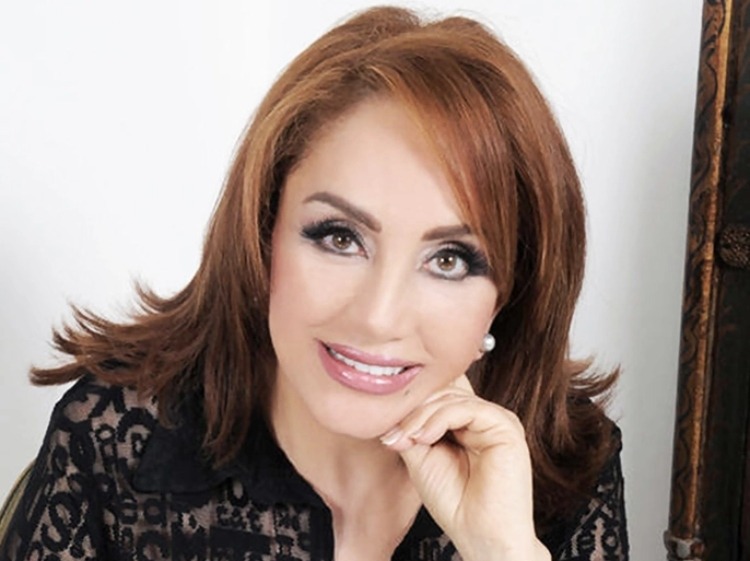
“If you want to survive, don’t take life as a tragedy,” quote by Tawfiq al-hakim, a leading figure in modern Arabic literature who worked as a journalist for Egyptian state-owned Akhbar al-Youm newspaper and as a manager of the Egyptian National Library. He is also well-known for his prolific playwrights who played a key role in the development of Arabic drama. Al-Hakim’s most well-known play was “Sulaymān al-Ḥakim.” In the following quote he explains how if you want to survive this life, you have to think in a more positive manner and accept the fact that it is not as tragic as you think which reminds one of the Irish writer, Oscar Wilde who has a similar quote stating, “Life is too important to be taken seriously”.
إذا أردت أن تصمد للحياة فلا تأخذها على أنها مأساة
Tawfiq al-hakim via Maqola
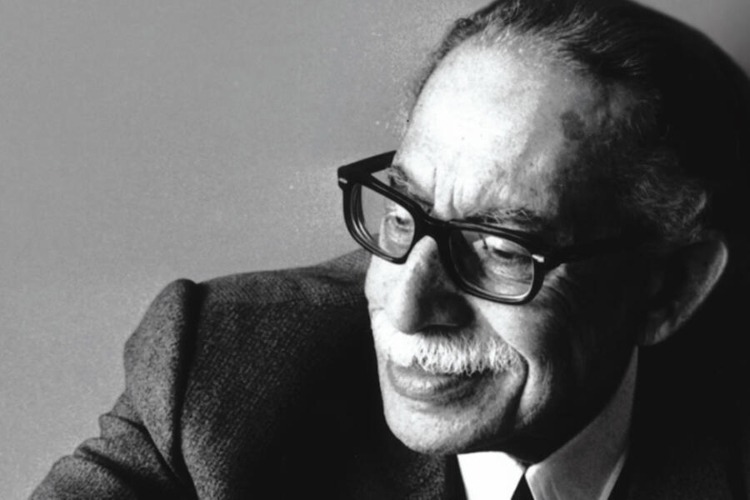
These will remind you that there is always a light at the end of the tunnel and that inspiration may be found in words.


